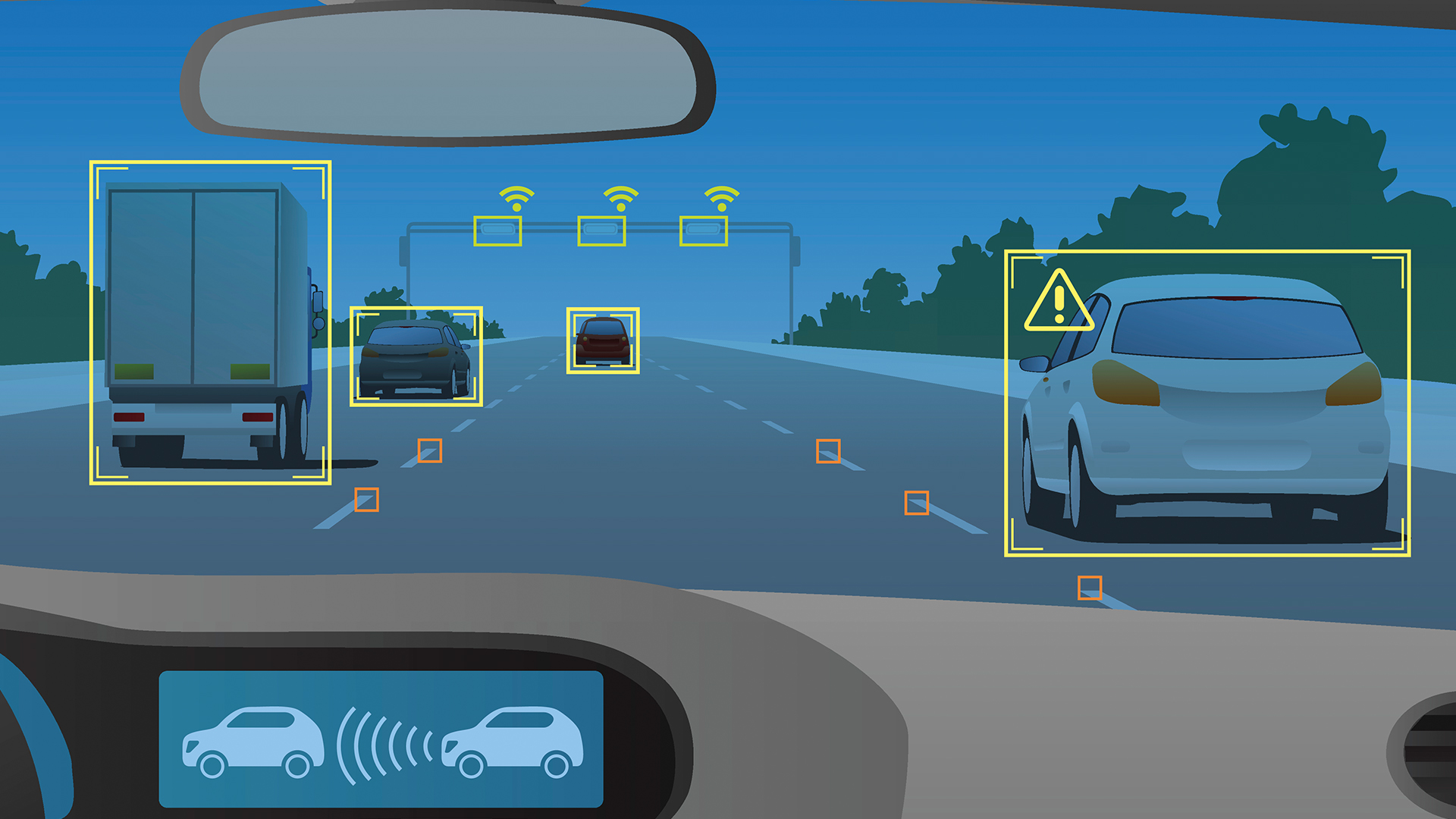

Warren Buffet is a lot of things. For starters, he is currently the third richest man in the entire world, valued at $60.8 billion. He also happens to be the CEO of Berkshire Hathaway, a company who has owned Geico insurance since 1996. In a recent interview with CNBC, Buffet was asked how he felt self driving cars would affect Geico earnings, given their rapid acceleration to market.
The verdict? Buffet is concerned that it will harm earnings over time.
“Self driving cars will be adopted if they are safer, […] that brings down premium significantly”
Warren Buffet
Currently, there are 253 million cars on the road, each of which average about 11.4 years of age. Buffet’s belief is that as autonomous cars rise in popularity and gain market share, insurance profits will begin to decrease as a response. This is because of how the concept of insurance inherently works. The core foundation of insurance is spreading the risk of loss across all parties which contribute to a centralized payment system. This method, known as “risk distribution”, uses a formula to determine how much each policy holder pays into the pool. By lowering the risk, a driver is given a lower policy, as they are less likely to be responsible for an accident and cause a distributed loss.
So if 10% of the policy holders begin driving autonomous vehicles in the next ten years and take a decrease of 15% on their premiums because of the reduced risk, the overall income from policy holder drops 9.85%. Buffet believes that this will hurt Geico’s business significantly. However, when Buffet was asked if he believes this would happen within the next ten years, he stated that he believes that it is possible, but unlikely to take on that much market share.

It certainly seems that this figure is unlikely to be met if more vehicle manufacturers to not begin to offer autonomous features in their vehicle lineup. Tesla sales have amounted to 130,460 in 2015 and 2016. This only equates to 0.05% of all vehicles on the road in the United States. Coincidentally, this news occurred only days before Tesla announced they were discontinuing S 60 and 60D.
Watch the interview below (Starting at 1:25:55 until 1:27:42)
